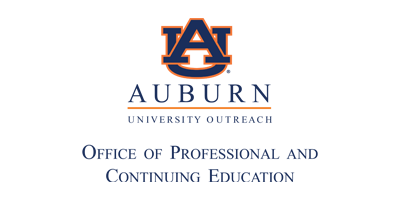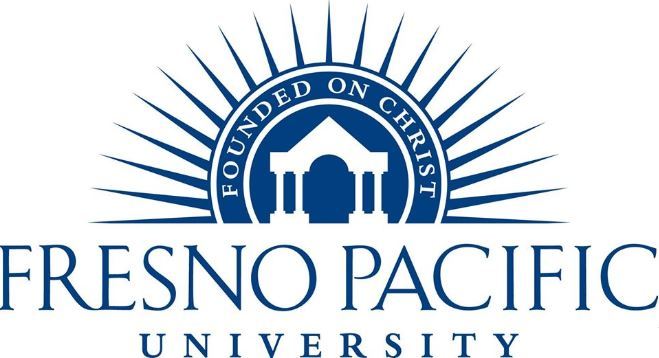Finance Professional
Overview
Businesses of all kinds require professionals who understand the intricacies of finance in a variety of ways. Finance professionals have the opportunity to put their skills to work in a number of different fields providing analytical support that helps to drive the most important decisions for C-level executives. This program presents students with the frameworks and tools used to measure value – both in terms of corporate and personal assets. Students will gain a fundamental understanding of the principles of valuation, the concepts of time value of money and risk as well as the major determinants of value creation.
Taking learners through both theoretical and real-world examples to demonstrate the valuation of assets, this program will help students in various decision-making processes not only in business, but in personal finance as well. Moreover, this program will introduce students to the basics of evaluating corporate financial statements, evaluating certain aspects of a company to determine its overall wealth or health, both of which go to shareholder value – every company’s overall mission. The program ensures learners have a firm understanding of risk and return, individual and collective financial markets, the application of capital budgeting tools and learn how to properly evaluate capital structure and dividend policy in a global context.
The Finance program offers learners a foundational knowledge of financial management. The program covers key language and terminology, time-value of money, financial markets and securities, financial statements, financial analysis, risk and return, valuation of stocks and bonds, capital budgeting and valuation, cost of capital and capital structure, working capital management, dividend policy, and international finance. Learners are required to apply the various financial tools and understand how they impact financial decision-making.
Program Objectives
After completing this program, learners will be able to:
- Explain why the primary role of the firm and the financial manager is to maximize shareholder wealth
- Analyze financial statements
- Apply time-value of money tools
- Explain risk and return relationships
- Evaluate financial markets and securities traded on financial markets
- Apply capital budgeting tools
- Evaluate capital structure and dividend policy
- Evaluate how international issues impact the firm
- Use Microsoft Office®


